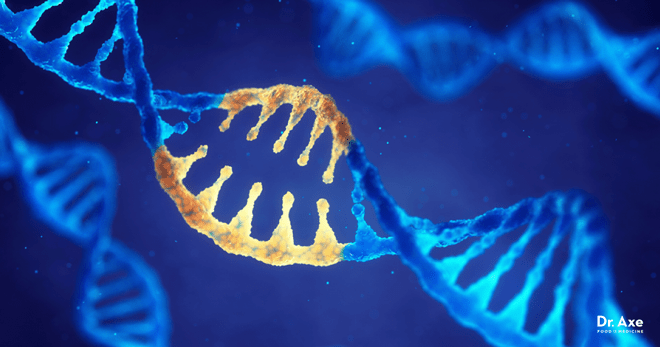Epigenetic Therapy: A New Way to Treat Cancer Without Changing Your DNA
- Genesis Gazette
- Jul 28, 2025
- 3 min read
By Israal Ali
What if we could fight cancer by flipping genetic switches without altering the DNA itself? That’s the promise of epigenetic therapy, a cutting-edge approach that’s reshaping how scientists think about cancer treatment. Cancer therapy has come a long way. From surgery and radiation to chemotherapy and immunotherapy. But recently, researchers have begun exploring an entirely new strategy: targeting the epigenome, which determines which genes are active or silent.
You’ve Heard of Genetic Mutations But What’s Epigenetics?
You’ve probably heard that cancer is often caused by genetic mutations which are permanent changes in DNA. But epigenetics tells a different story. It doesn’t change the DNA sequence itself. Instead, it decides which genes are turned on or off. In other words, epigenetics is what tells your DNA what to do. All the cells in your body share the same DNA but they don’t all behave the same. A brain cell and a skin cell, for example, use different parts of the genetic code. That’s epigenetics at work. It decides which
genes are active, when and how much, allowing cells to specialize and perform unique roles.
But when this regulatory system breaks down, problems can arise. In cancer, for example, genes that normally prevent tumors from growing can get switched off. This can happen due to:
DNA methylation – when chemical tags called methyl groups attach to DNA and block gene activity
Histone modification – changes to the proteins (histones) that DNA wraps around, affecting how tightly DNA is packed and whether genes can be accessed
So What Is Epigenetic Therapy?
Here’s the exciting part: epigenetic changes are often reversible unlike genetic mutations. That means we may be able to turn key protective genes back on without rewriting the DNA itself. Epigenetic therapy uses drugs to restore normal gene expression by targeting the mechanisms that silence critical genes that prevent cancer.
There are two main types currently in use:
1. DNMT Inhibitors – These drugs reduce DNA methylation. In many cancers, important genes are overly methylated and silenced. DNMT inhibitors help remove those methyl groups and reactivate tumor-suppressor genes that can stop cancer cells from spreading.
2. HDAC Inhibitors – These help loosen tightly packed DNA. When DNA is wrapped too tightly around histones, the cell can’t read important genes. HDAC inhibitors relax this structure and make essential genetic information accessible again.
Where Is It Being Used?
Epigenetic therapies are already approved for treating certain blood cancers including:
• Myelodysplastic syndrome (treated with DNMT inhibitors)
• Some types of lymphoma (treated with HDAC inhibitors)
When it comes to solid tumors like breast, lung or colon cancer, the results have been more mixed. However, researchers are testing combinations of epigenetic drugs with existing treatments like chemotherapy or immunotherapy in clinical trials and early results look promising.
Why It Matters
What makes epigenetic therapy so exciting is its potential flexibility. Unlike mutations, which
permanently damage genes, epigenetic changes can be reset. That means we might help cancer cells behave more like normal ones or at least make them more vulnerable to existing treatments. This opens up new treatment possibilities, especially for cancers that don’t respond well to traditional therapies.
Like all medical treatments, epigenetic therapy isn’t without its challenges. Scientists are still working to understand which patients are most likely to benefit, how to minimize side effects and how to combine epigenetic drugs effectively with other therapies.
But despite the unknowns one thing is becoming clear: targeting the epigenome could be a game-changer. It may not replace traditional cancer treatments but it can enhance and personalize them, adding a powerful new weapon in our fight against cancer.
References :-
González-Rodríguez, P., & Zampetaki, A. (2023). Epigenetic regulation in development and disease:
Mechanisms and therapeutic opportunities. Frontiers in Cell and Developmental Biology, 11, 1116805.
Sharma, S., Kelly, T. K., & Jones, P. A. (2010). Epigenetics in cancer. Carcinogenesis, 31(1), 27–36.








Comments